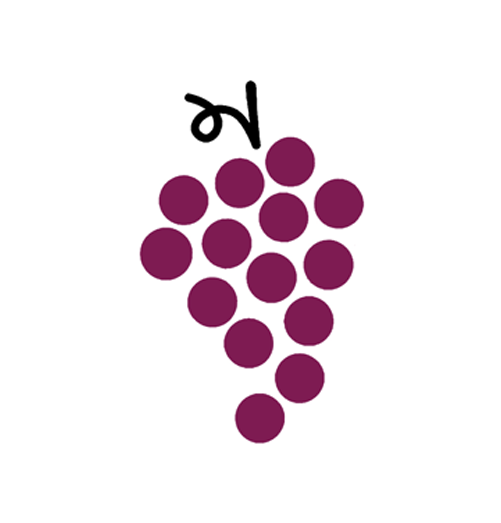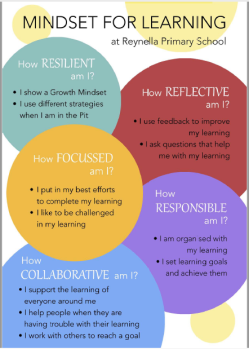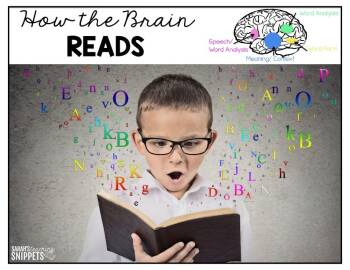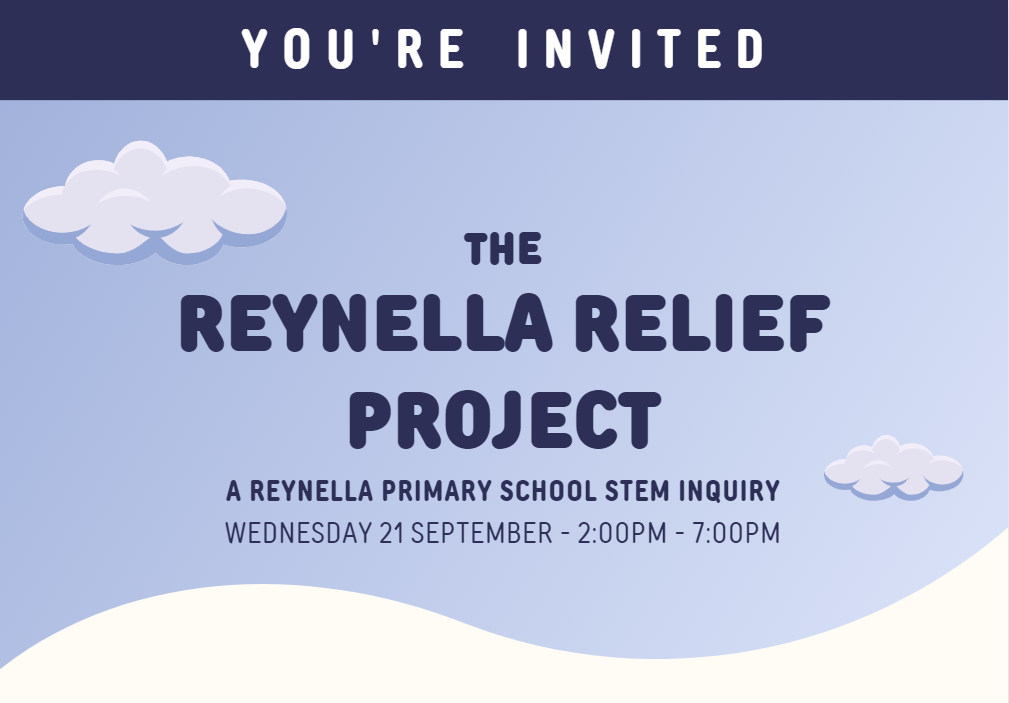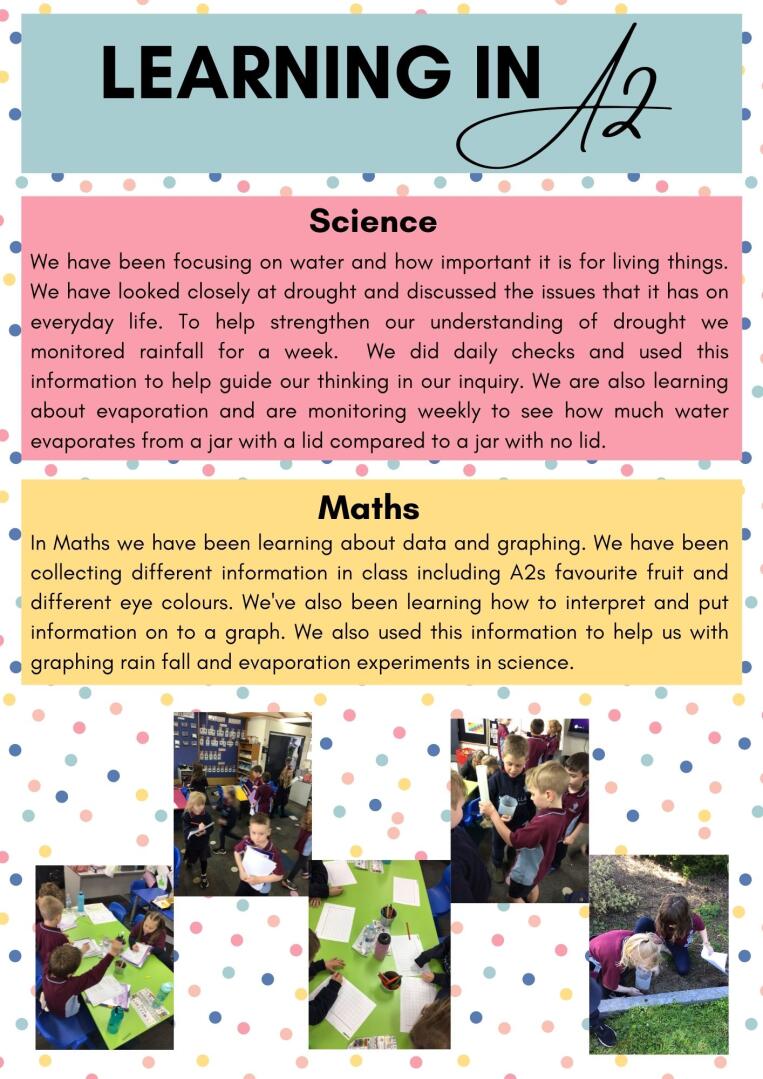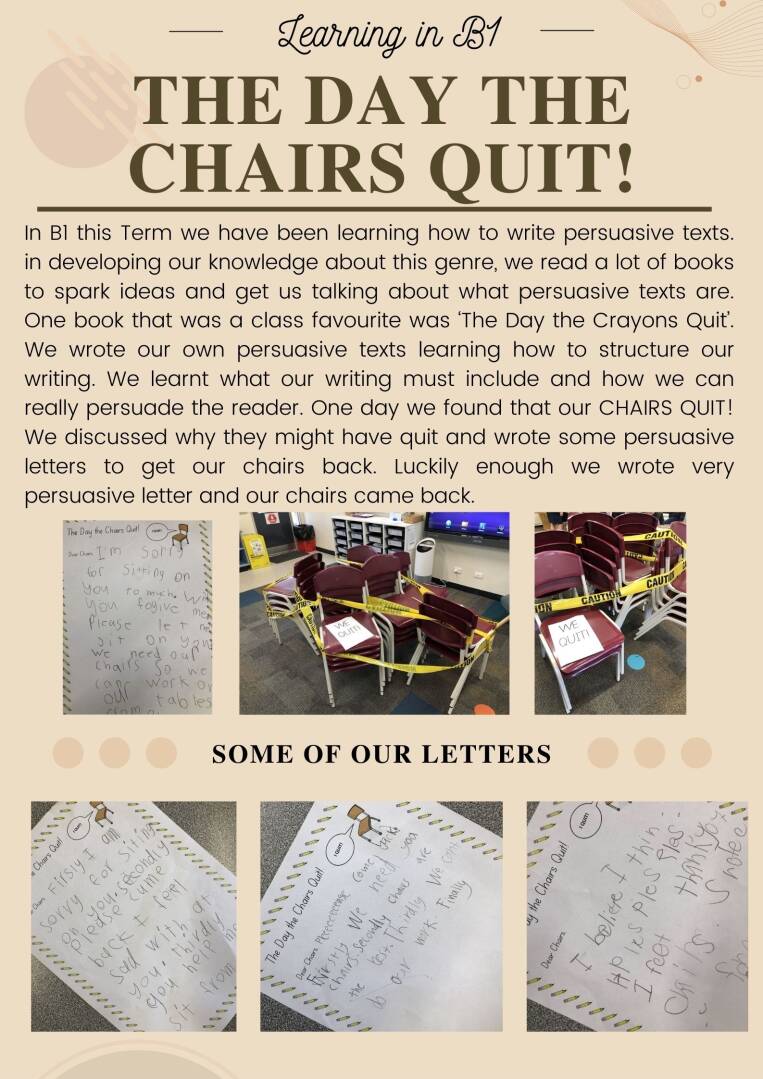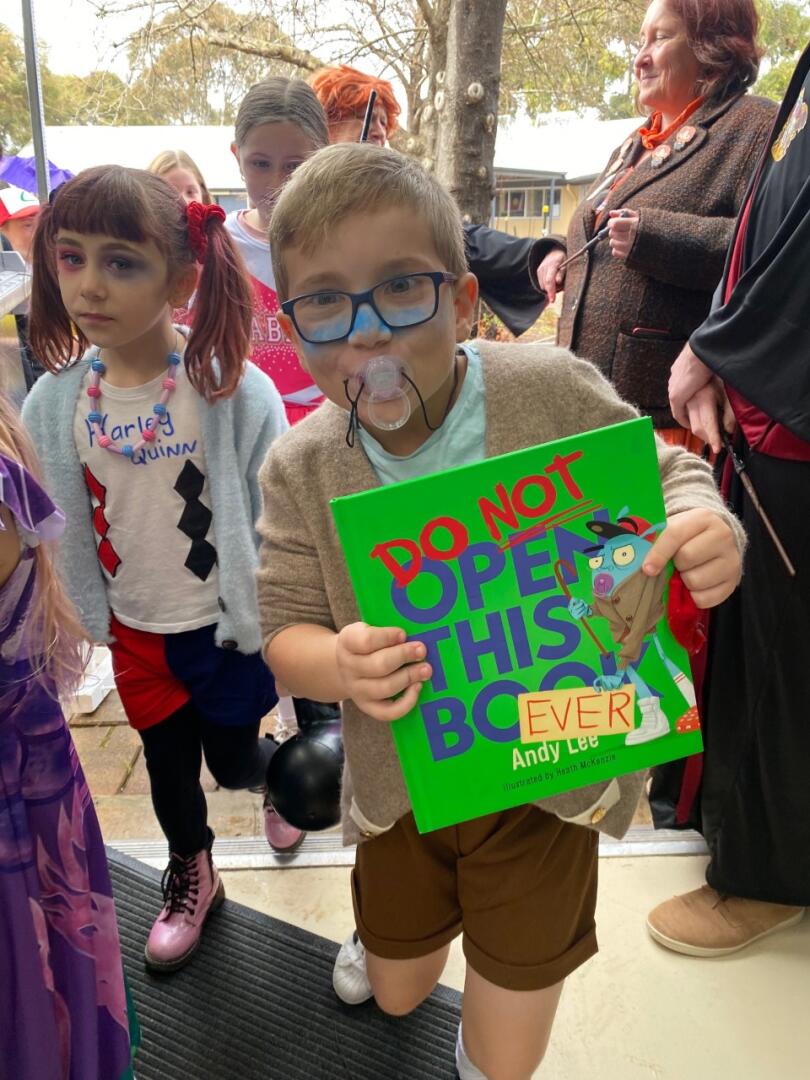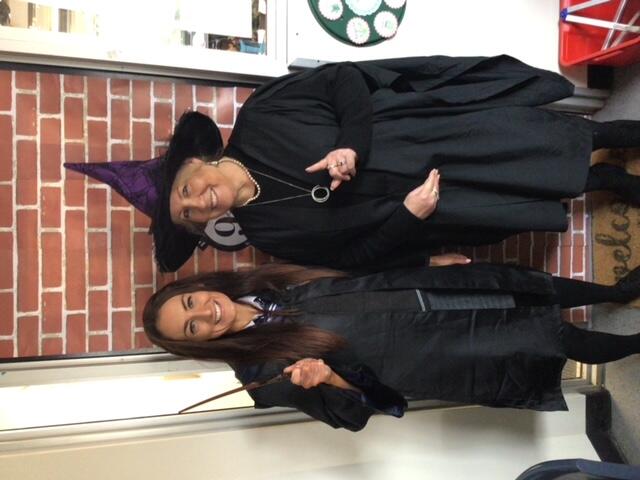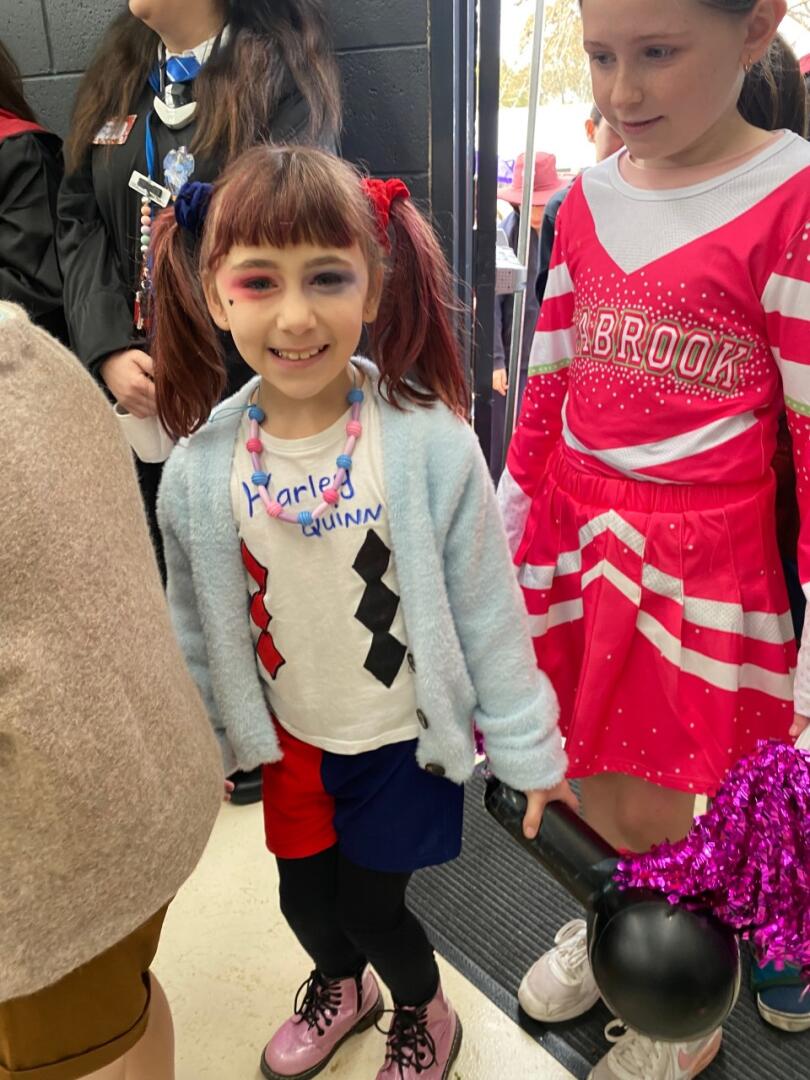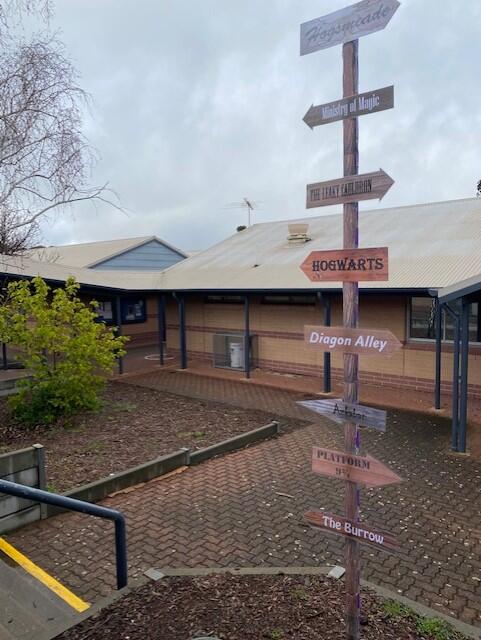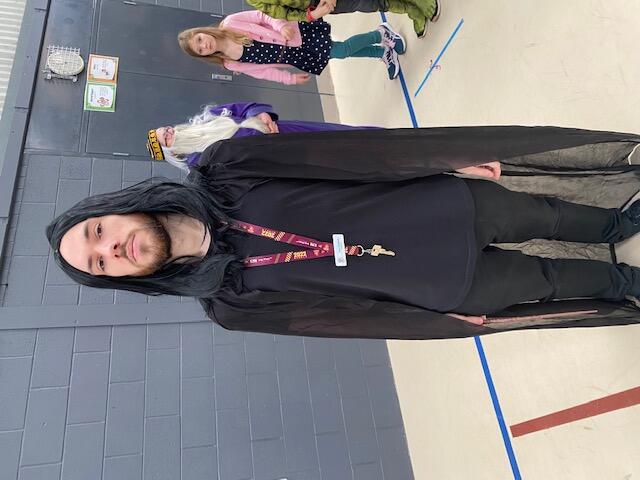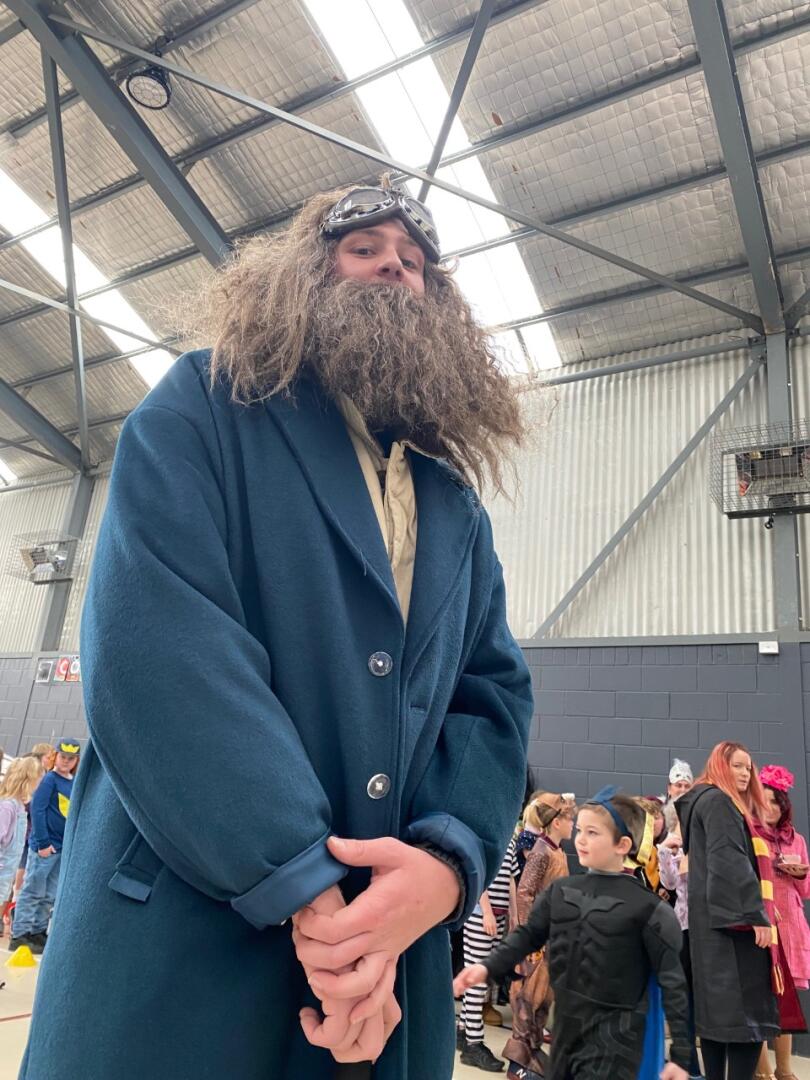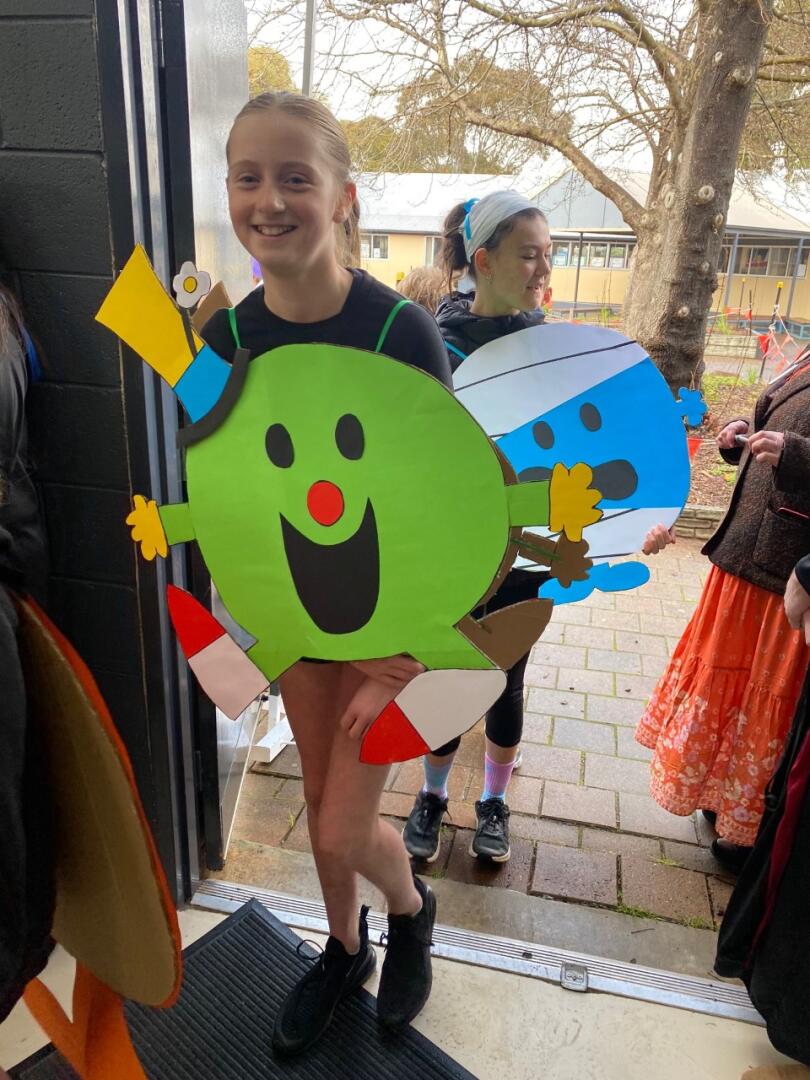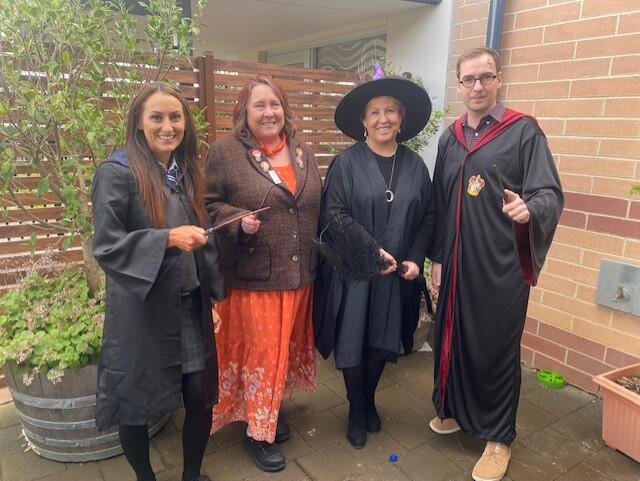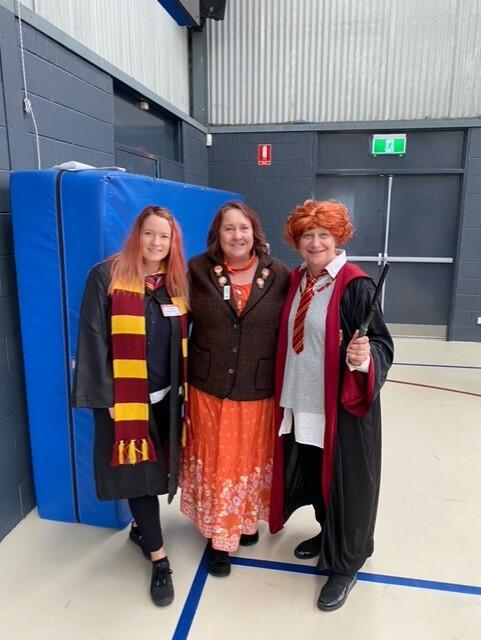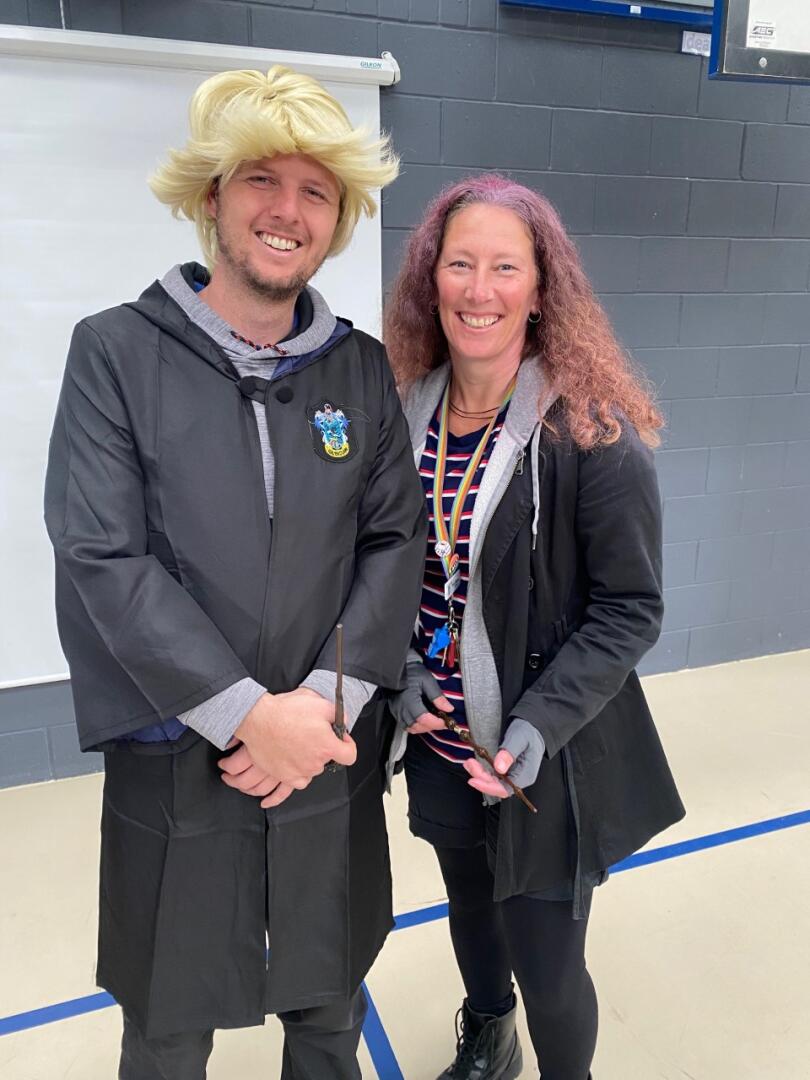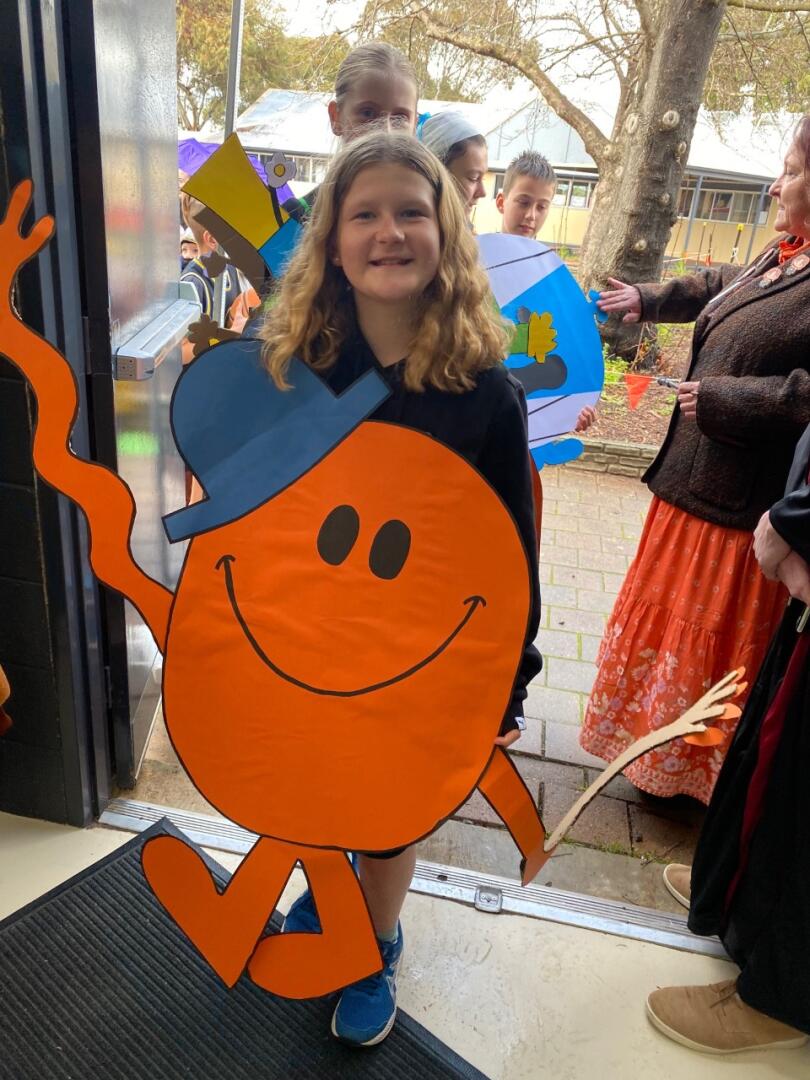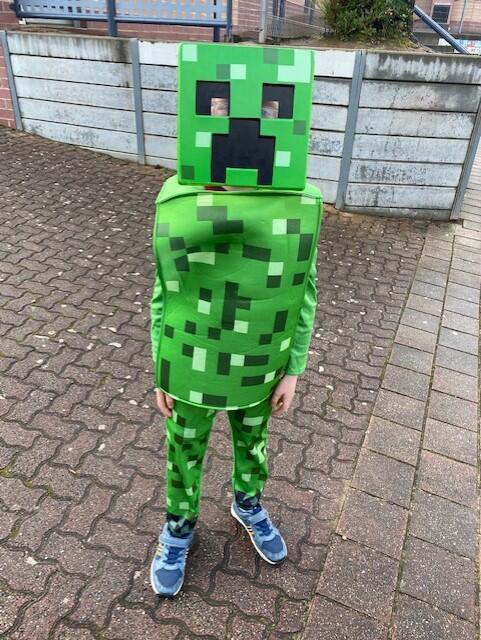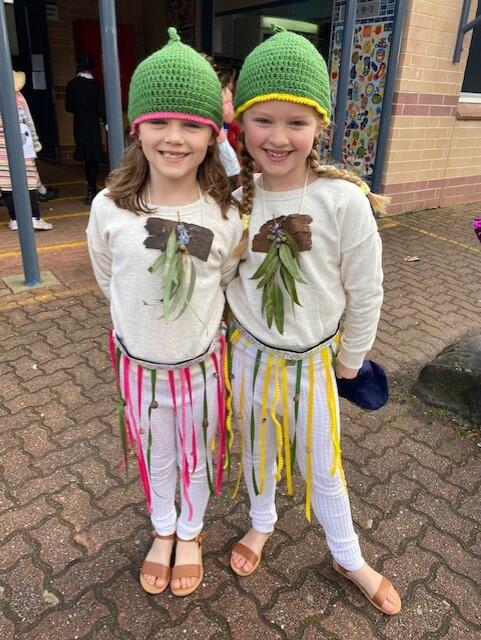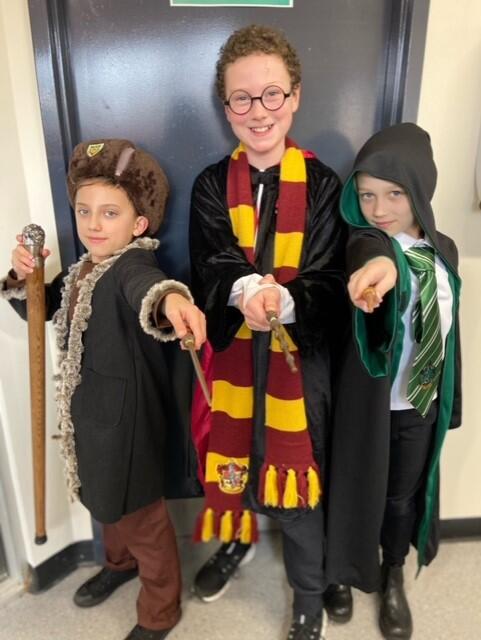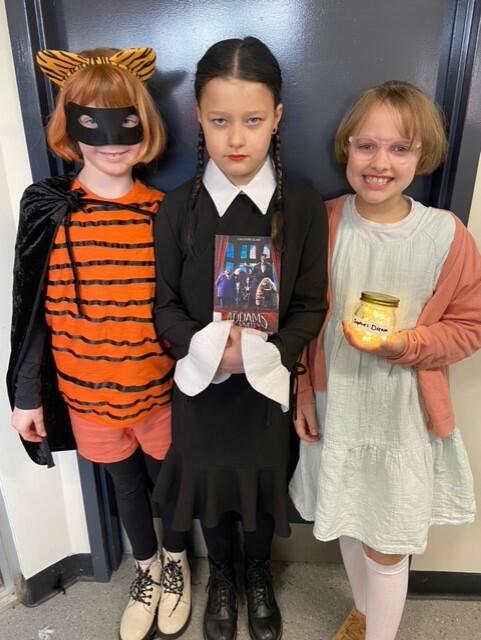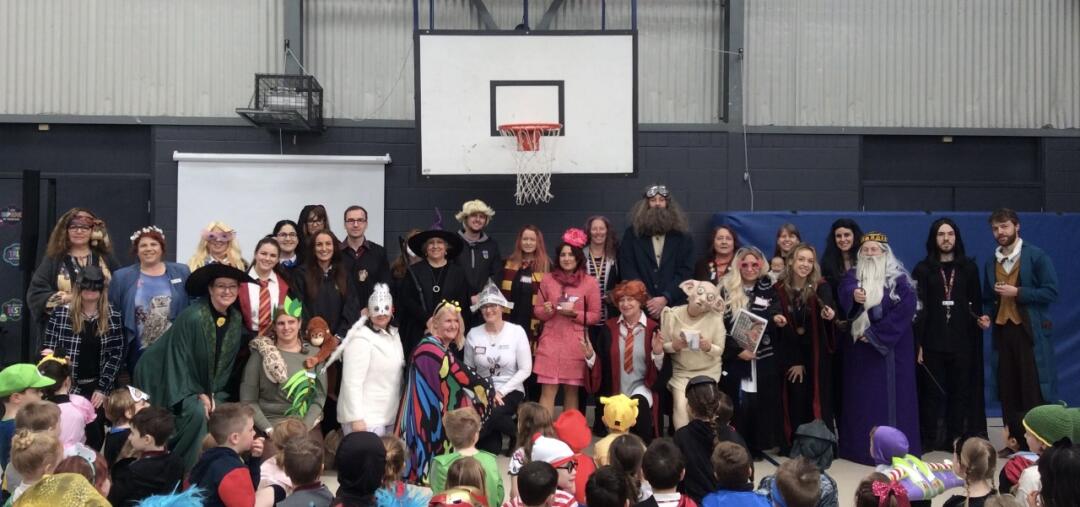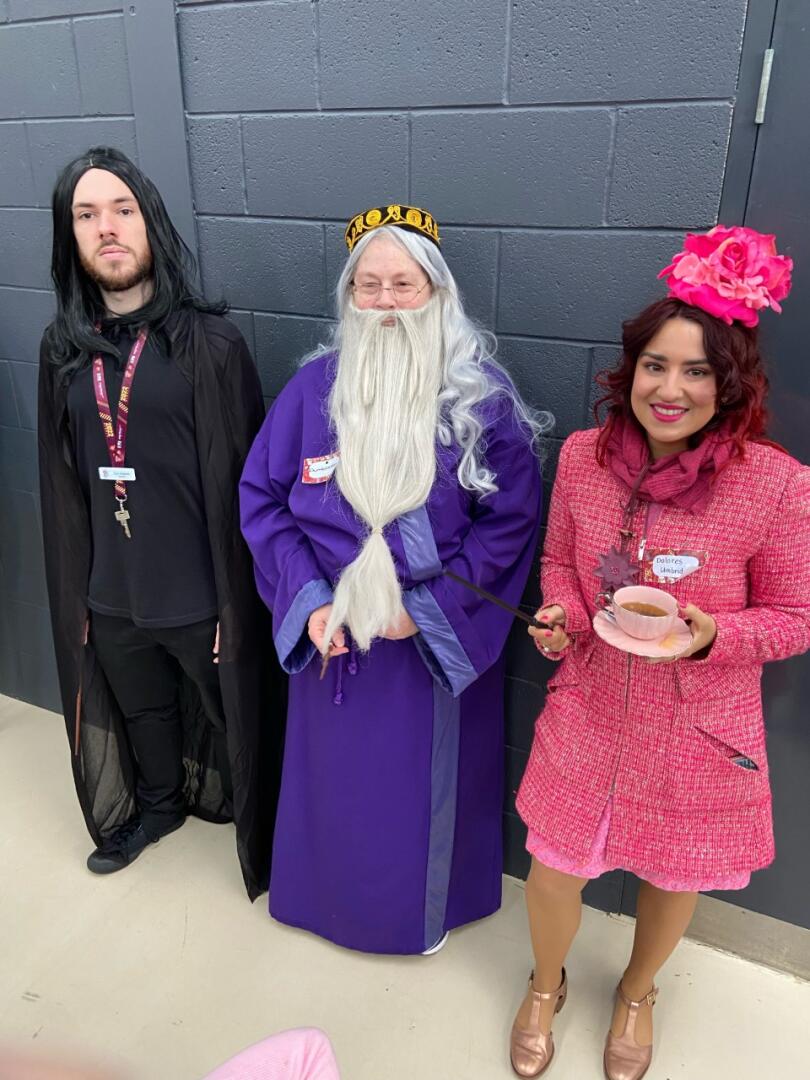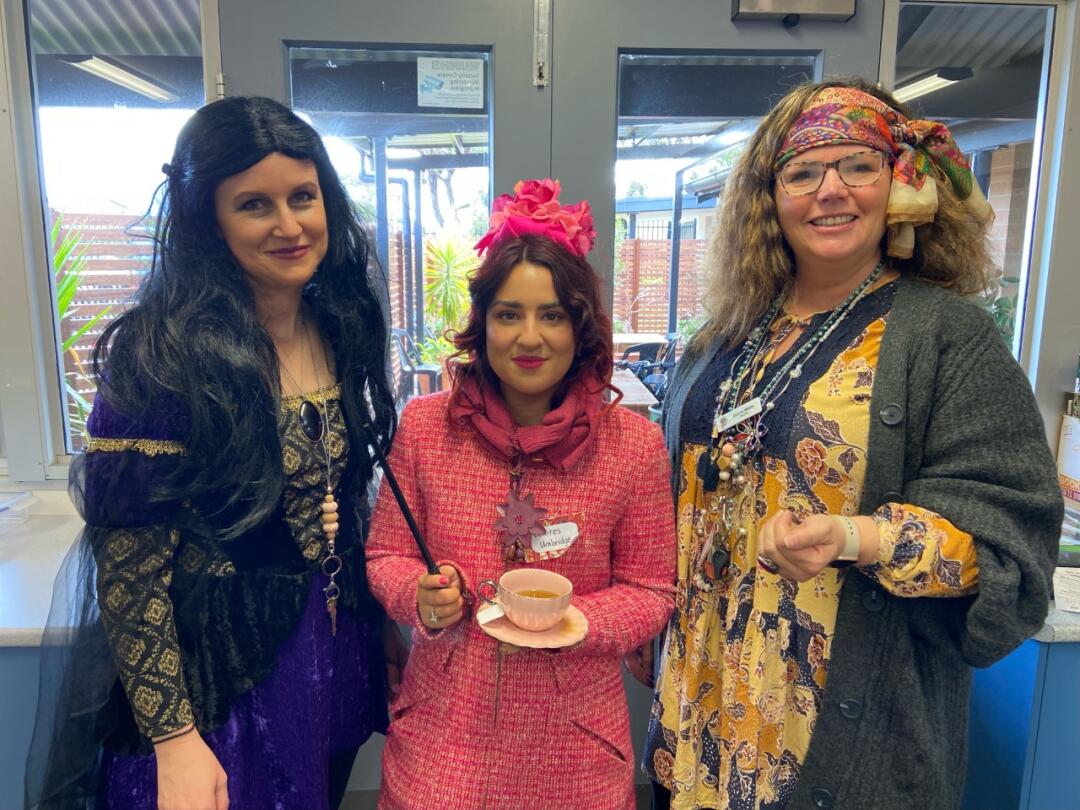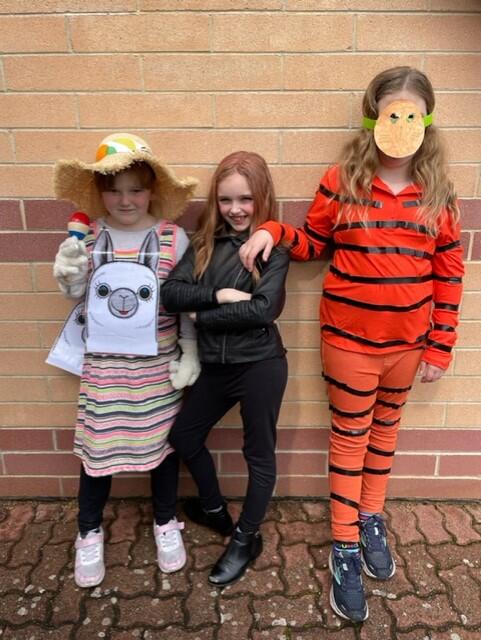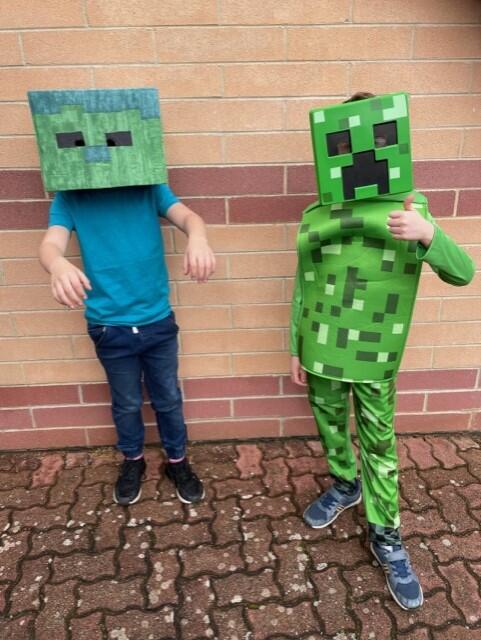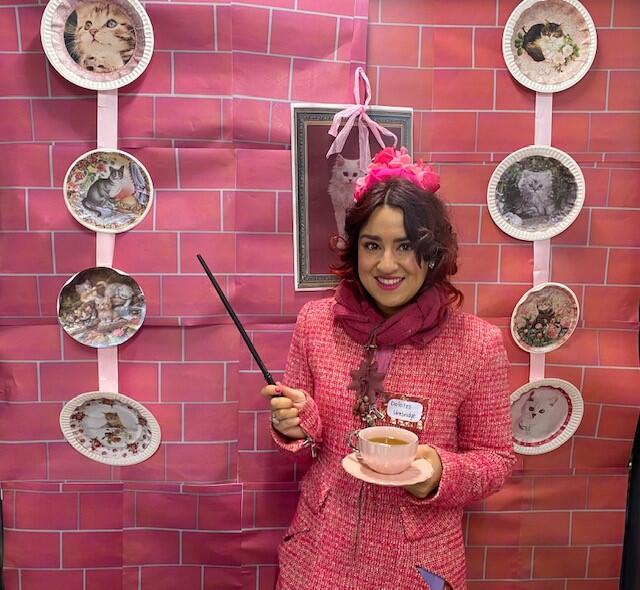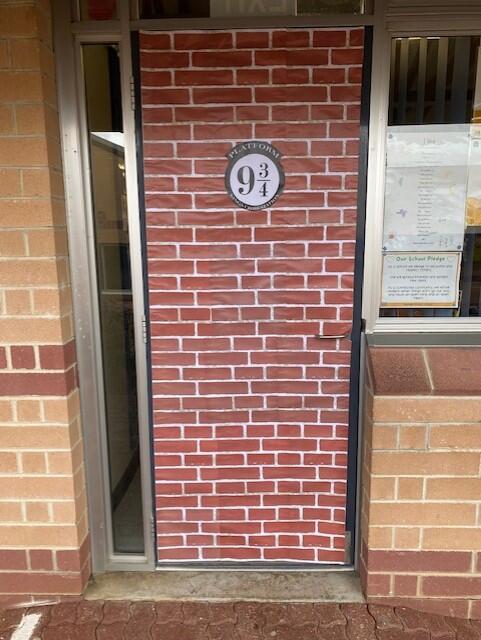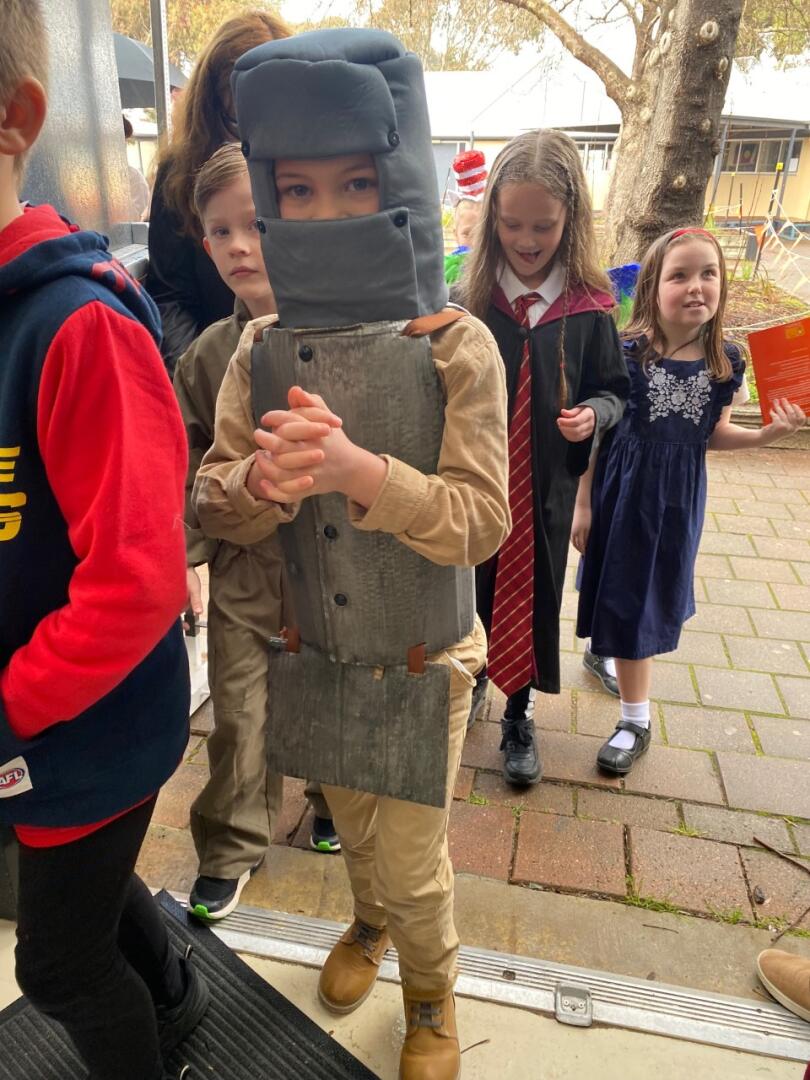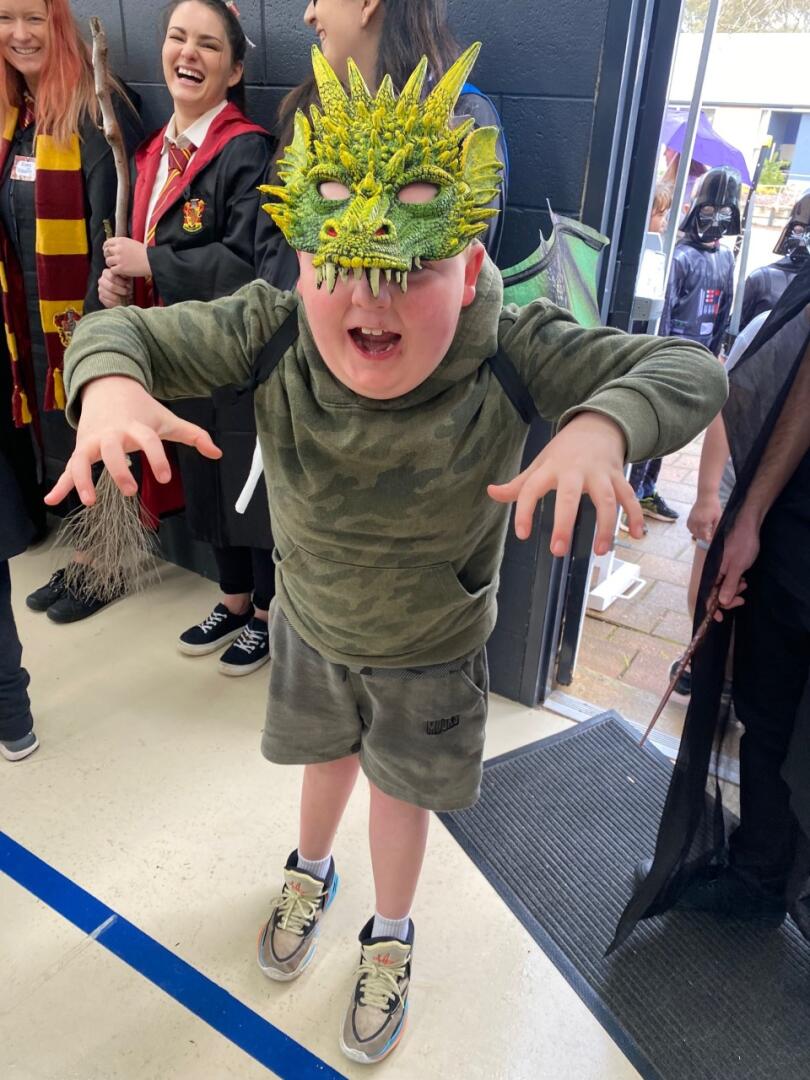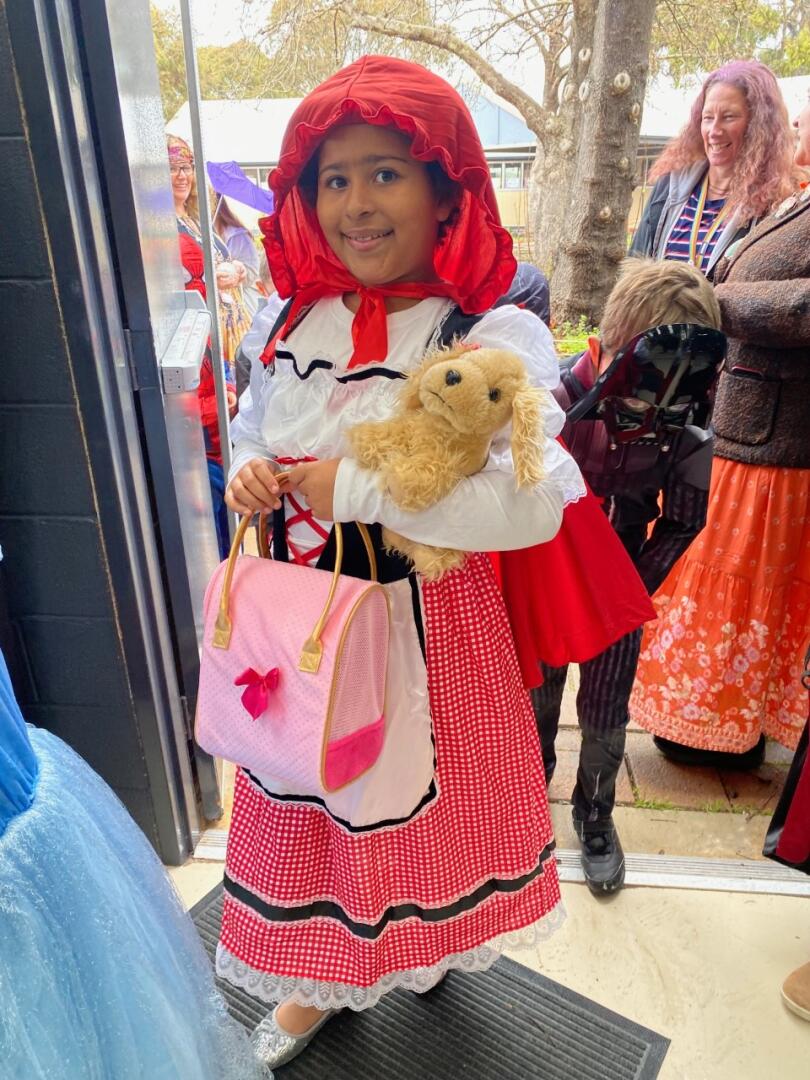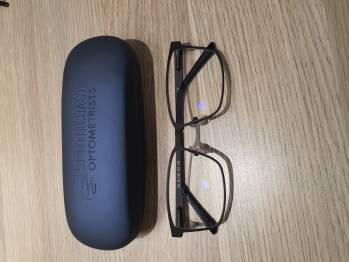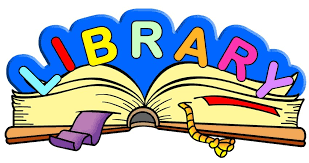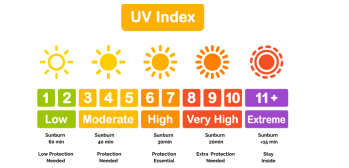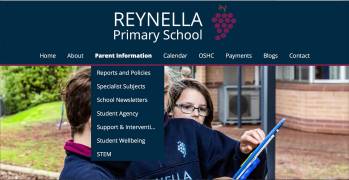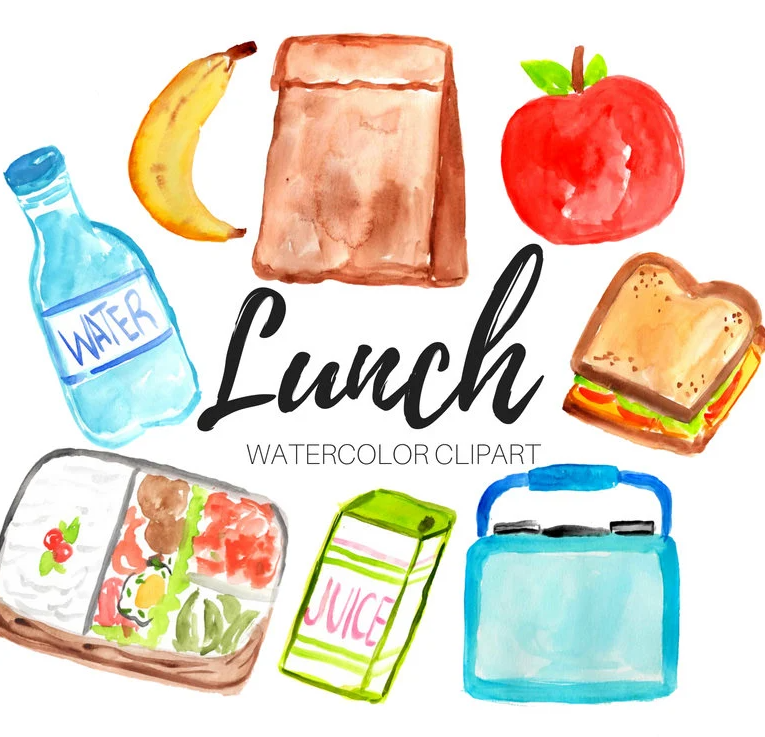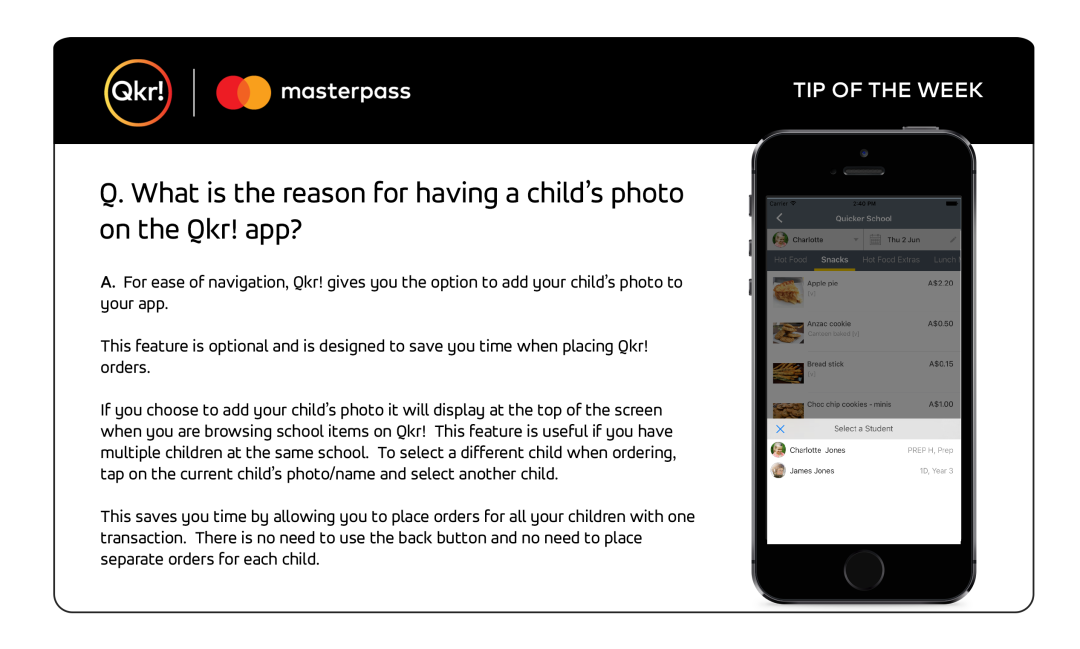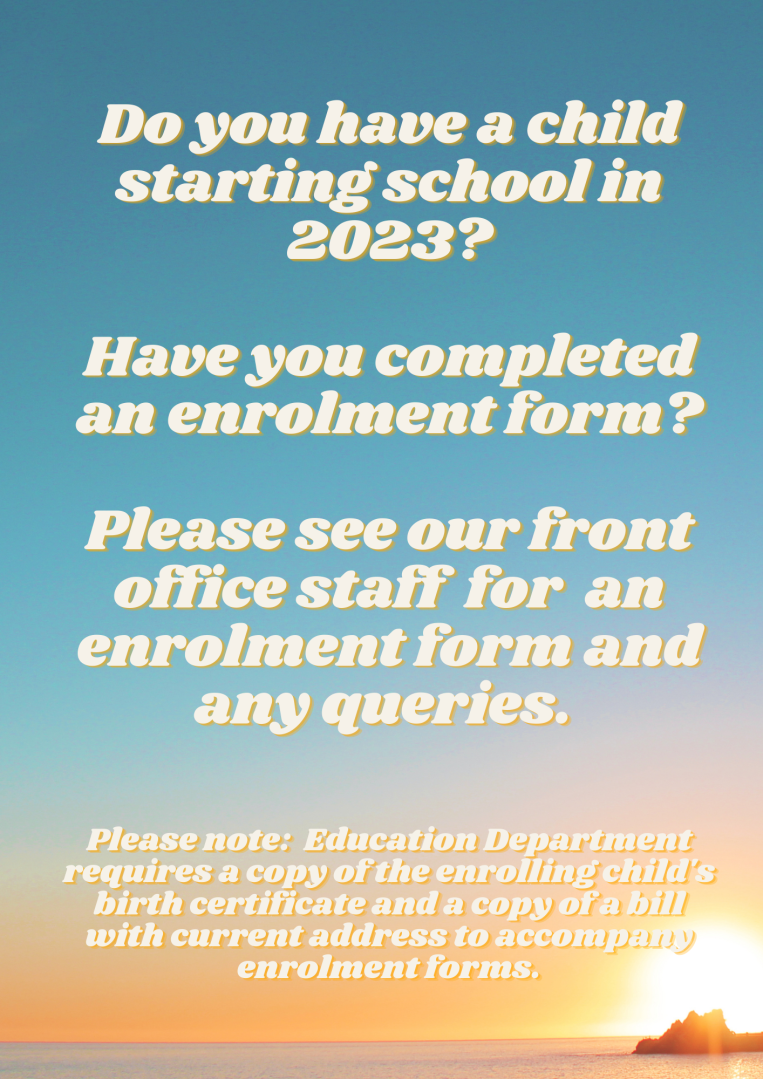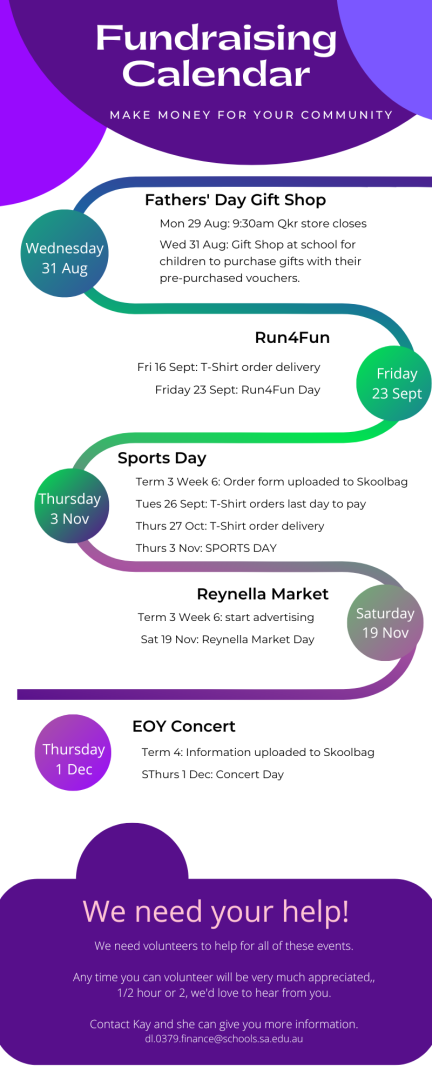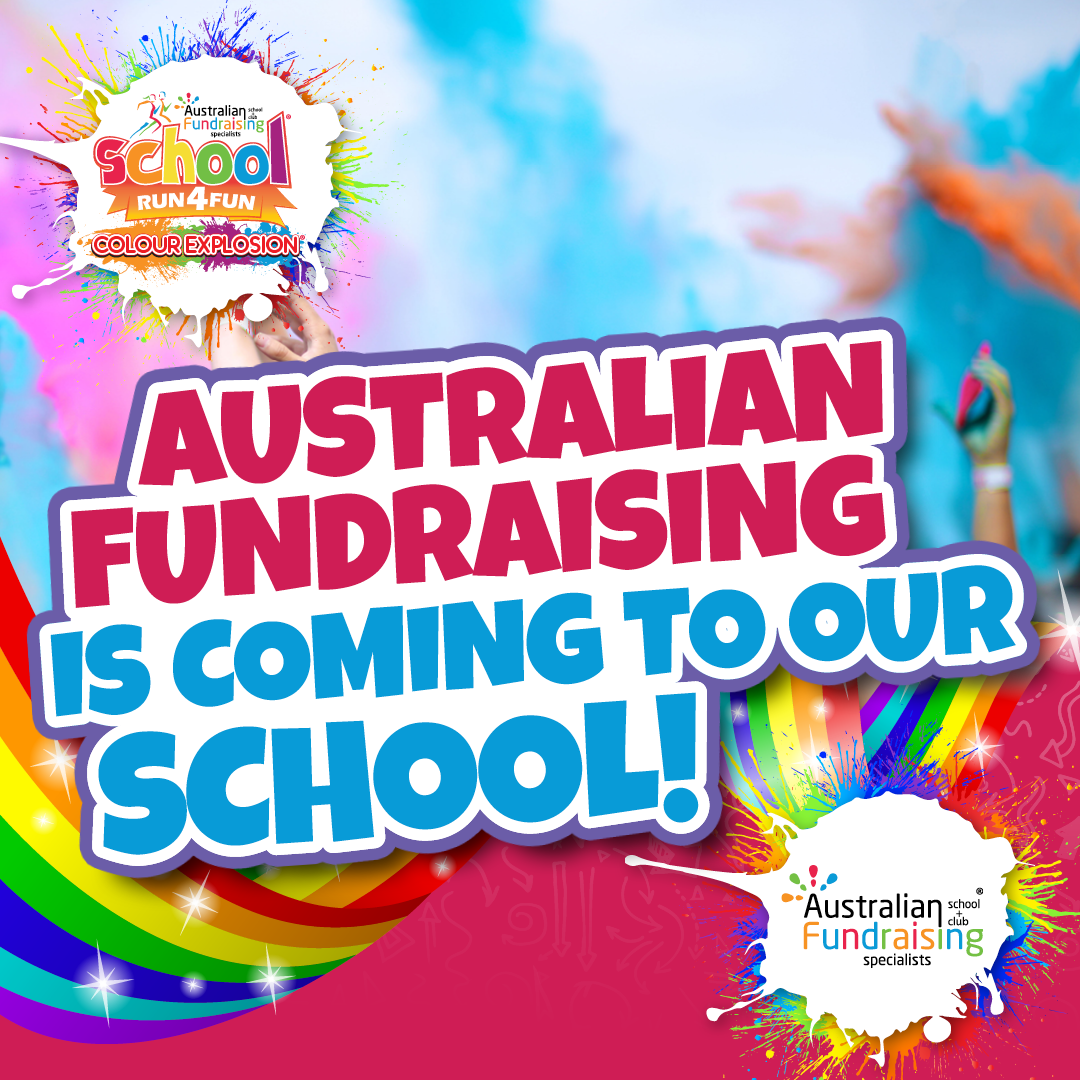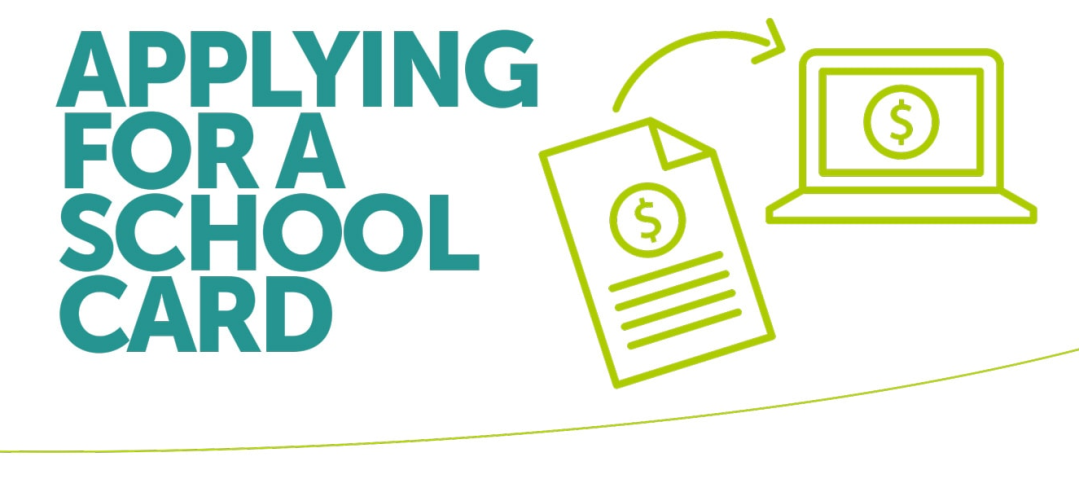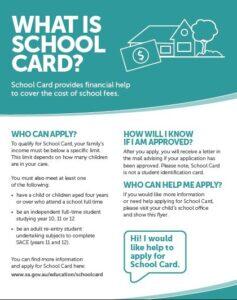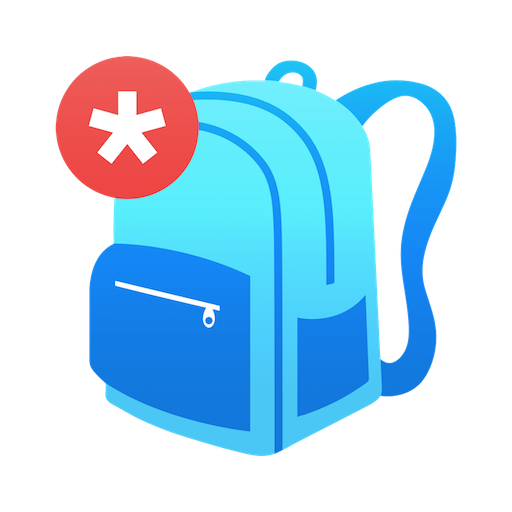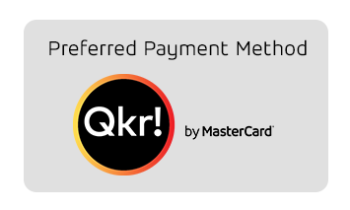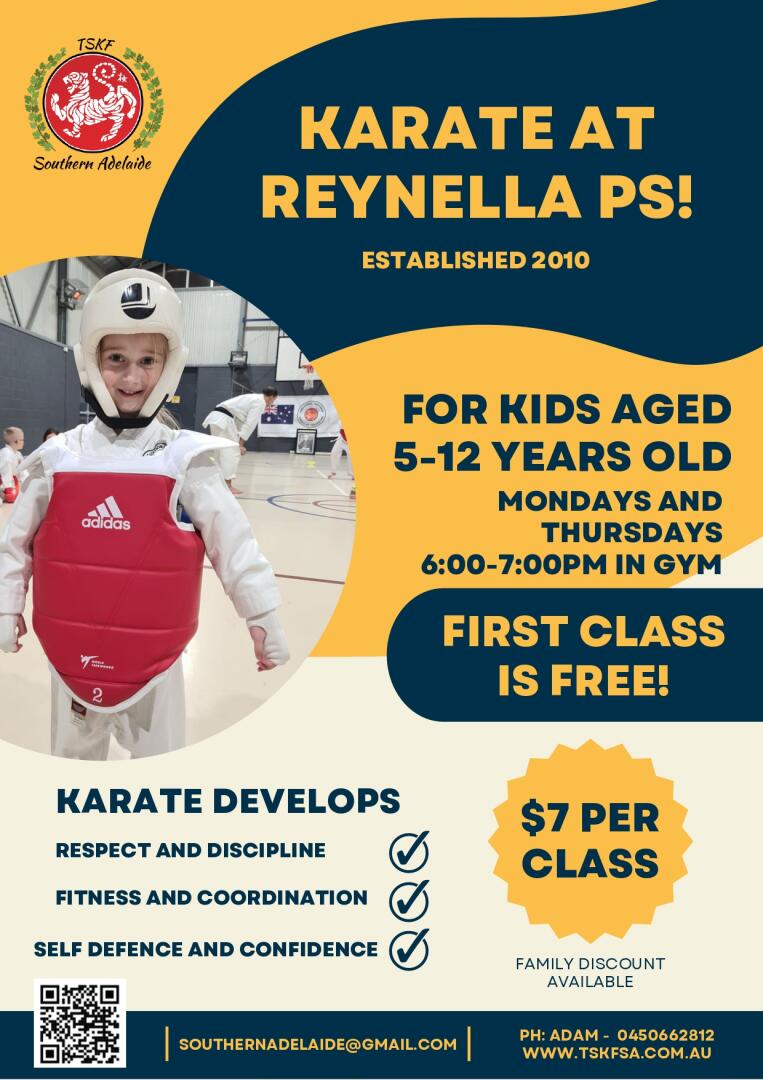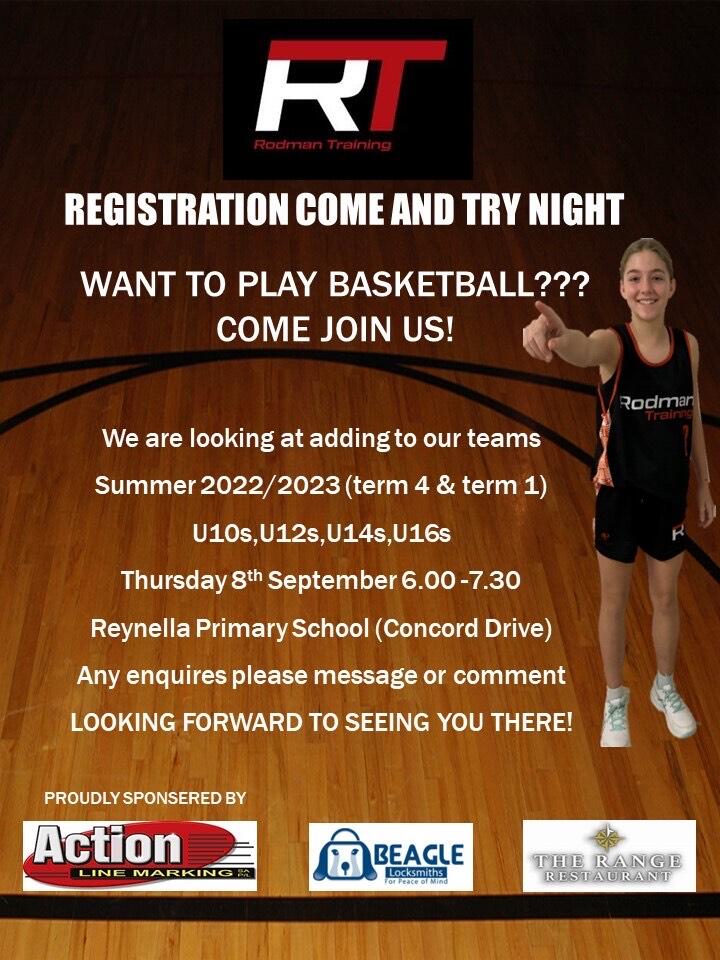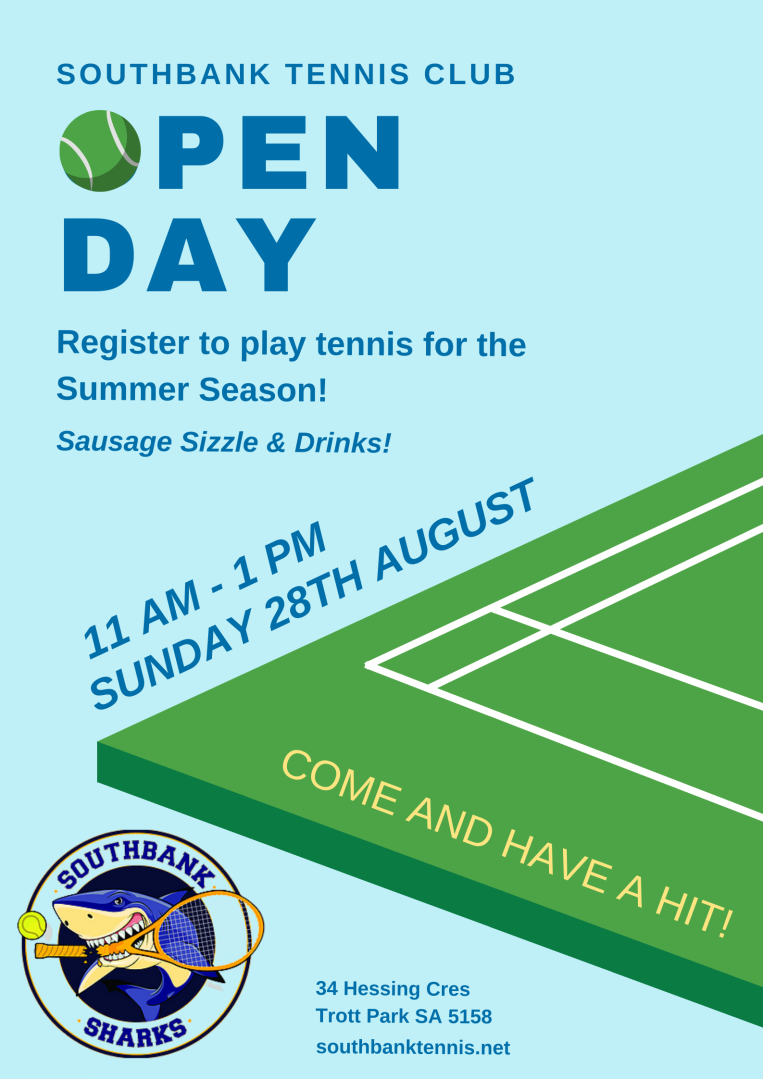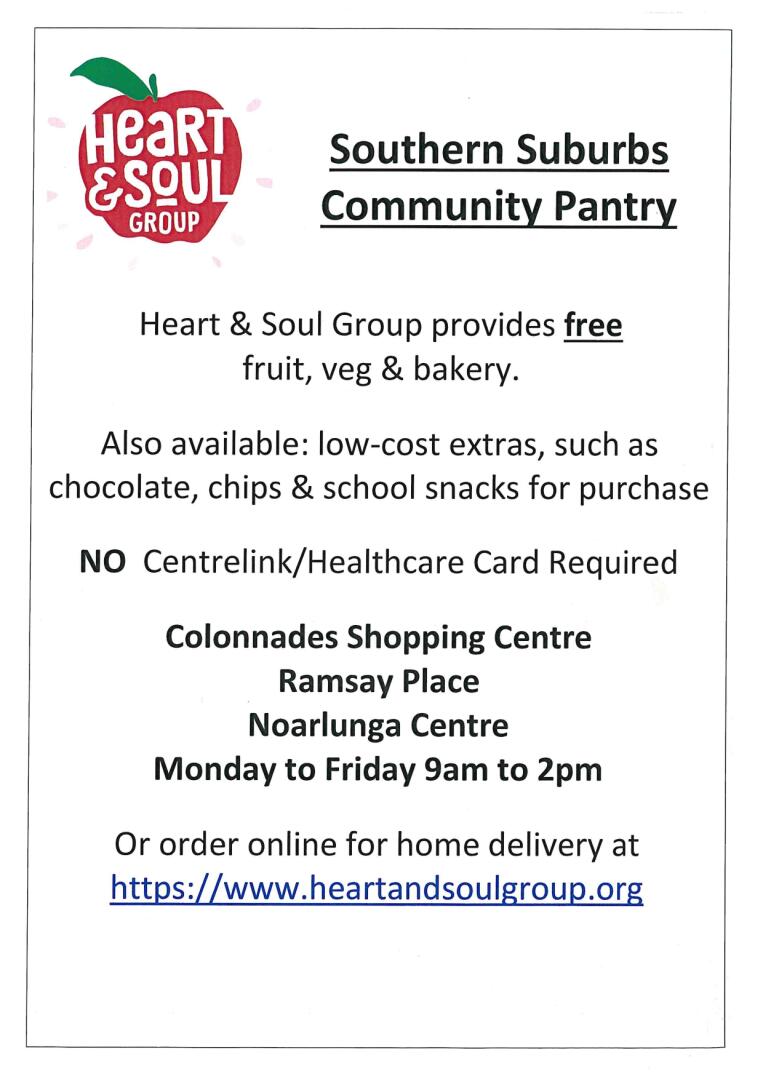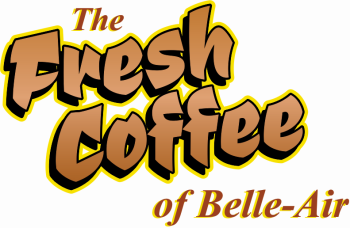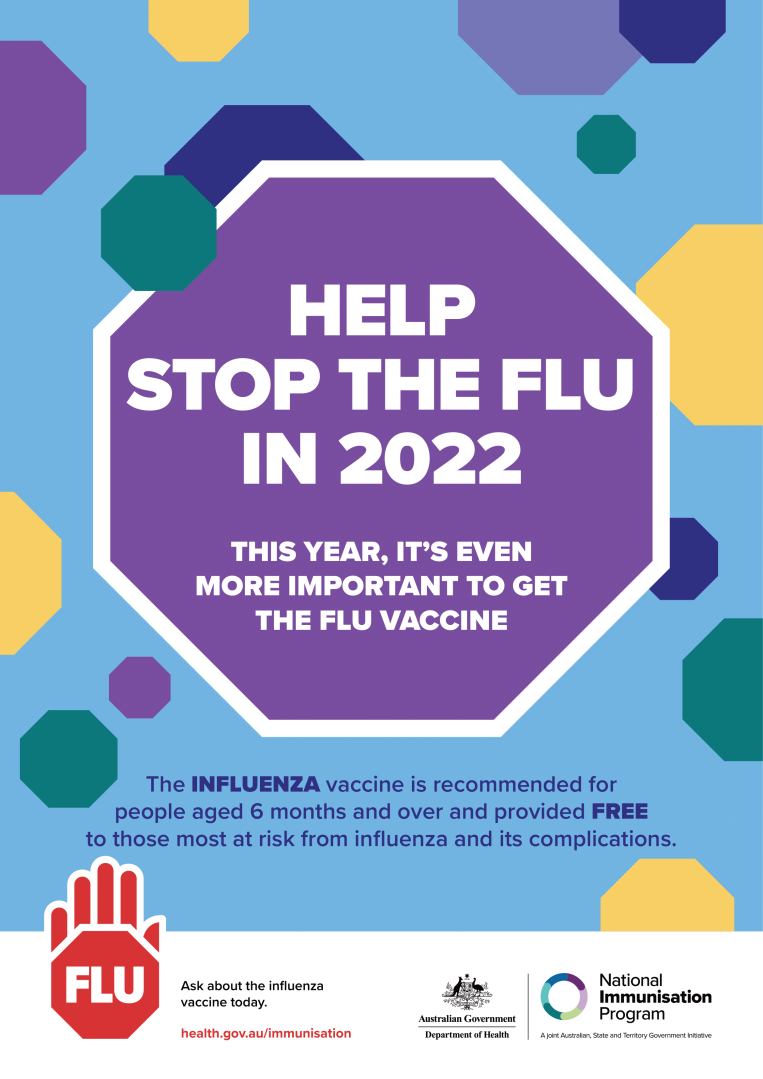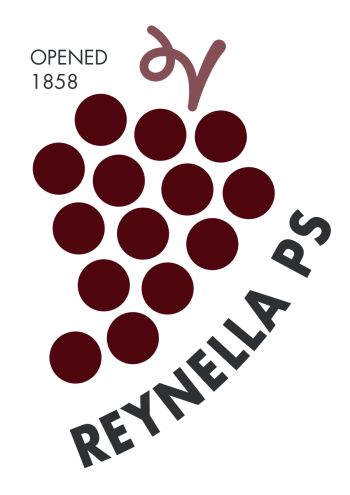It is hard to believe that we are half way through term 3 already. Despite the cold and wintry weather, classes are heavily immersed in our whole-school inquiry, the Reynella Relief Project. We are excited to be showcasing their learning on Wednesday 21 September and look forward to seeing our community come together to celebrate their deep thinking and creativity.
HIGH EXPECTATIONS FOR LEARNING
‘High Expectations,’ is a phrase we use frequently at Reynella Primary School. It is more than a phrase though, it is a fundamental expectation that is embedded in many ways across our school. We implement a myriad of strategies at all year levels to support our students to meet our expectations. Our Mindsets for Learning were developed to provide a strong foundation for our students to develop a positive disposition enabling them to engage more fully with their learning.
RESILIENCE
We talk to our students about being resilient; having a ‘Growth Mindset’ and strategies they can use when they are in the ‘Learning Pit.’ If students talk about learning being too hard we remind them of our high expectations and that if learning is always easy you are not learning. Our job is to help with learning and then scaffold with strategies to support them to get there. Mistakes are an integral part of learning; learning from mistakes is part of how we challenge ourselves to learn to do things differently. It motivates us to try new, innovative approaches to problem-solving. Throughout a lifetime, learning from mistakes helps develop wisdom and good judgment. Staff plan with high expectations in mind.
COLLABORATION
Collaboration is a key strategy utilised by teachers to embed high expectations in learning. This involves students working together on activities or learning tasks in a group small enough to ensure that everyone participates. Students in the group may work on separate tasks contributing to a common overall outcome, or work together on a shared task. Some collaborative learning approaches put pairs, groups or teams of mixed abilities to work on different learning tasks at any one time, with the goal being to extend and challenge all of our learners from where they are with their learning development.
RESPONSIBILITY
We know that active, engaging and relevant learning leads to the greatest outcomes – far beyond progress measures or age-related expectation milestones. Students who have an intrinsic sense of responsibility for their own learning will stand the greatest chances of succeeding in any area of their life. Teachers build a classroom environment that is built on Learner Agreements and high expectations. One of the most effective ways we help students to take responsibility for their learning is through goal setting. When students set goals and achieve those goals, they build self-confidence and become more willing to try again and meet their own high expectations.
REFLECTIVE
Being a reflective learner involves making learning a more conscious process. It helps us to become active learners by asking questions and thinking critically about our own ideas. Providing frequent and ongoing feedback is a significant means of improving achievement in learning and meeting high expectations. Effective feedback assists students to reflect on their learning and their learning strategies so they can make adjustments to make better progress in their learning.
FOCUSSED
Focus helps us to get started on something and sustain our attention and effort through to its completion. Engaging students in the learning process increases their attention and focus and motivates them to engage in higher-level critical thinking. When students need help focusing, what we are actually wanting is to help our students build better self-regulation skills.